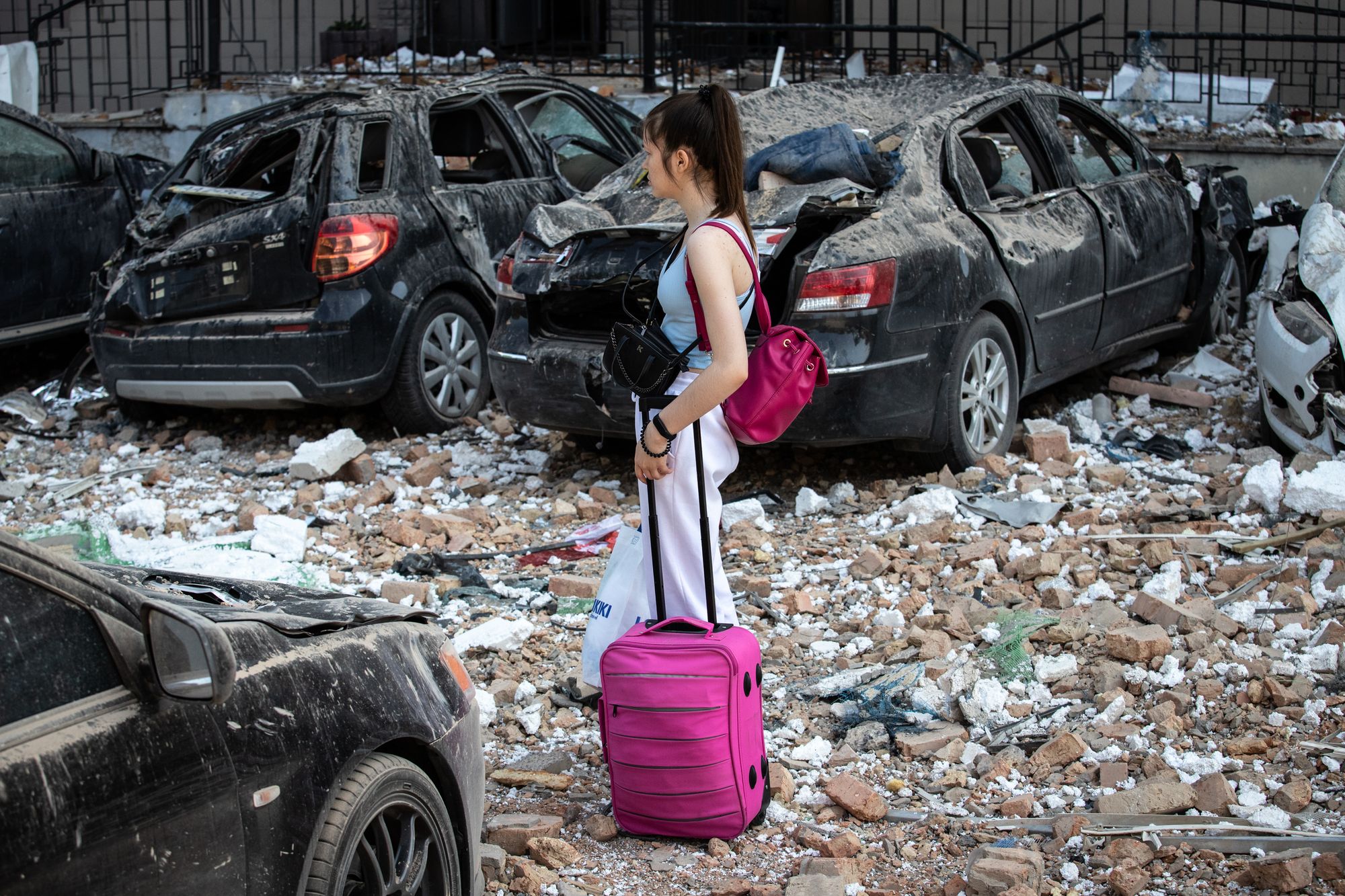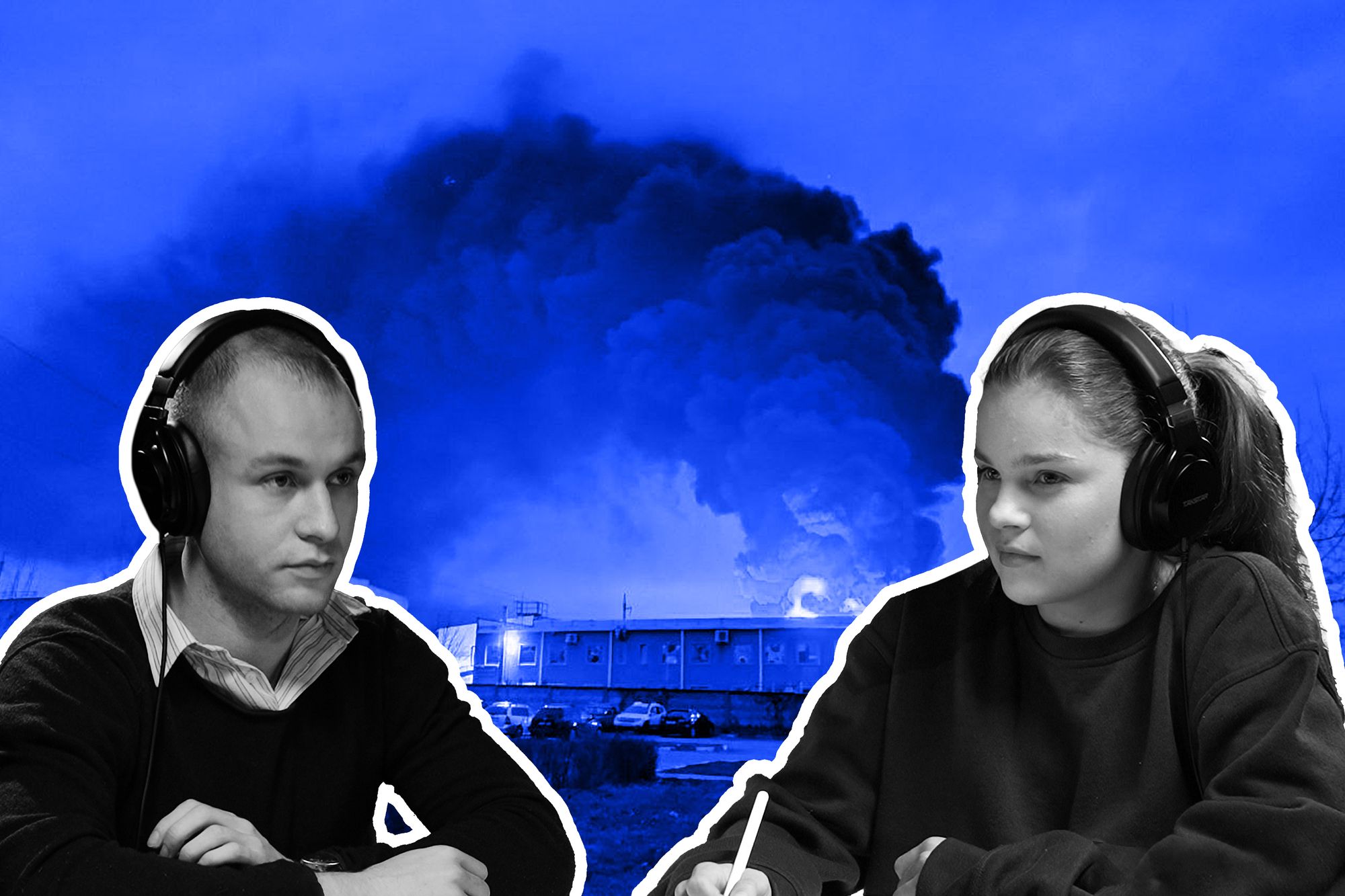Stoltenberg about attacks on Russian soil: 'Ukraine has right to defend itself'

NATO Secretary-General Jens Stoltenberg reiterated that Ukraine has the right to defend itself when asked about the alliance's stance on alleged Ukrainian attacks on Russian soil, in particular, the May 30 drone strike against Moscow.
"We have exactly the same position now as we had at the beginning of the (full-scale) war…. Russia's war of aggression against Ukraine is a blatant violation of international law, while the right of self-defense is enshrined in the UN Charter," Stoltenberg said at a June 1 press conference.
"President Putin, Moscow, started this war, and they can end it — that's the way to create peace and stability and to ensure no further escalation of the war."
Stoltenberg added that the allies were determined to support Ukraine as long as necessary, and this does not make NATO a party to the conflict.
"NATO has two tasks - to provide support to Ukraine as we do and prevent Russia's war of aggression from escalating beyond Ukraine."
Several drones targeted high-rise buildings in Moscow overnight on May 30. Russian dictator Vladimir Putin accused Ukraine of orchestrating the attack, claiming Russia would respond with "mirror actions."
Mykhailo Podoliak, an advisor to the head of Ukraine's Presidential Office, denied Kyiv's involvement in the drone strike.
U.K. and U.S. officials issued conflicting statements on the attack.
U.K. Foreign Secretary James Cleverly said that Ukraine has "the legitimate right to (defend itself) within its own borders, but it does also have the right to project force beyond its borders to undermine Russia's ability to project force into Ukraine."
Meanwhile, a U.S. National Security Council spokesperson said, as cited by CNN, that "as a general matter," Washington doesn't support attacks inside of Russia.
Multiple isolated attacks have occurred within Russian territory since the start of the all-out war on Feb. 24, 2022.
These attacks appear to primarily focus on disrupting the infrastructure that supports the logistics of the Russian military. Ukraine has not claimed responsibility for most of these attacks.












